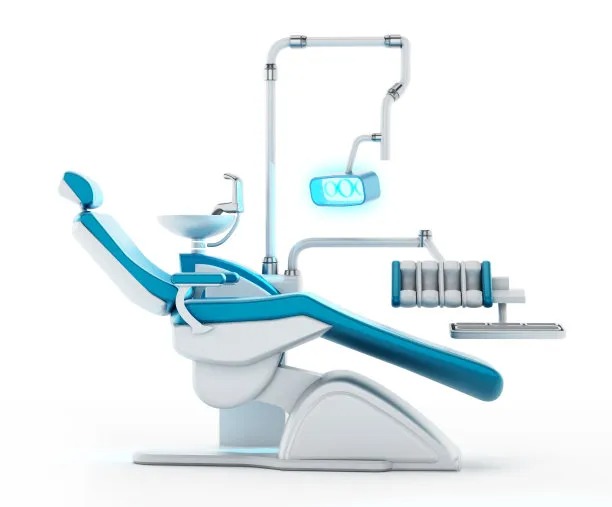Essential Precautions to Ensure a Successful and Safe Root Canal Treatment Experience for Patients and Dentists
Summary: Ensuring a successful and safe root canal treatment requires careful attention to several essential precautions for both patients and dentists. This article highlights four key aspects: pre-treatment evaluations, the importance of skilled practitioners, maintaining a sterile environment, and post-treatment care protocols. Each section delves into specific strategies that can help mitigate risks and enhance the overall experience during this common dental procedure. By focusing on these areas, both patients and dentists can work collaboratively to achieve optimal outcomes and minimize complications during root canal treatments.
1. Importance of Pre-Treatment Evaluations

Before undergoing a root canal treatment, thorough pre-treatment evaluations are crucial. Dentists should perform comprehensive diagnostic tests, including digital X-rays, to identify the extent of tooth damage and any infection present. This information helps in planning the treatment accurately and set realistic expectations for the patient.
Additionally, dentists should review the patients medical history to understand any potential contraindications. This includes allergies to anesthetics, pre-existing conditions such as cardiovascular diseases, or medications that might complicate the procedure. Listening to the patients concerns and questions plays a vital role in establishing a trusting relationship.
Moreover, discussing pain management options can ease patient anxiety. Dentists should outline the sedation techniques available, ensuring that the patient is comfortable and well-informed. Proper communication during the evaluation can significantly contribute to the overall success of the treatment.
2. Skilled Practitioners Are Essential
The skill and experience of the dentist performing the root canal treatment cannot be overstated. A qualified dental professional should have specialized training in endodontics, equipping them with advanced techniques for both diagnosis and treatment. Choosing a dentist with a solid track record can enhance the likelihood of a favorable outcome.
Regular continuing education is also pivotal in keeping practitioners updated with the latest techniques and technologies in root canal therapy. This ongoing training allows them to utilize the most advanced equipment and materials, prohibiting complications that are often a result of outdated practices.
Furthermore, collaboration between dentists and dental assistants contributes significantly to a smoother treatment process. Assured interaction and efficient teamwork in the operatory can lead to excellent patient management, ensuring that the patient is constantly supported throughout the procedure.
3. Maintaining a Sterile Environment
Infection control is paramount in any dental procedure, especially during root canals where the internal structure of the tooth is accessed. Maintaining a sterile environment can help prevent post-operative infections, making compliance with sterilization protocols non-negotiable. Dentists should strictly adhere to sterilization guidelines for instruments used during the procedure.
Additionally, the treatment room should be meticulously cleaned and organized before and after each patient. Beyond just instruments, dental professionals must ensure personal protective equipment (PPE) is properly used and disposed of to further enhance safety for both staff and patients.
Using rubber dams during the procedure can also promote sterility by isolating the tooth from saliva and potential contaminants. This sealed environment helps prevent bacteria from entering the root canal area, thereby lowering infection risks significantly.
4. Emphasizing Post-Treatment Care Protocols
Post-treatment care plays a critical role in ensuring successful outcomes after root canal therapy. Patients should receive comprehensive instructions regarding pain management, dietary restrictions, and signs of complications to look out for following the procedure. These guidelines empower patients to participate actively in their recovery.
Follow-up appointments are equally essential for assessing the healing process. Dentists should encourage patients to schedule these visits to monitor any potential issues that could arise after treatment. Effective communication about the importance of these appointments can reassure patients and underscore their value.
Additionally, discussing oral hygiene practices post-treatment is vital. Good dental hygiene will support the healing process and help prevent reinfection. Patients should be encouraged to maintain regular dental visits and not neglect their oral health following a root canal procedure.
Summary:
In conclusion, a successful and safe root canal treatment experience hinges on diligent pre-treatment evaluations, the expertise of the dental practitioner, stringent sterilization practices, and effective post-treatment care. When these precautions are prioritized, they significantly enhance the potential for positive outcomes, benefiting both patients and dentists alike.
This article is compiled by Vickong Dental and the content is for reference only.



